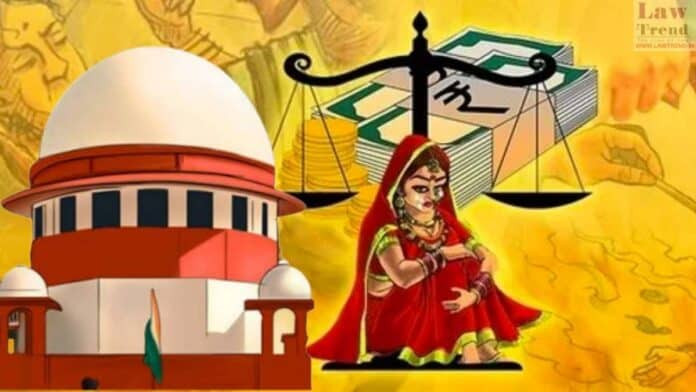The Supreme Court of India, in a notable judgment delivered by Justice C.T. Ravikumar and Justice Sanjay Kumar on October 21, 2024, acquitted an accused under Section 498-A of the Indian Penal Code (IPC), underscoring the perils of exaggerated allegations in dowry harassment cases. The court highlighted that mere familial relations should not be grounds
To Read More Please Subscribe to VIP Membership for Unlimited Access to All the Articles, Download Available Copies of Judgments/Order, Acess to Central/State Bare Acts, Advertisement Free Content, Access to More than 4000 Legal Drafts( Readymade Editable Formats of Suits, Petitions, Writs, Legal Notices, Divorce Petitions, 138 Notices, Bail Applications etc.) in Hindi and English.




